T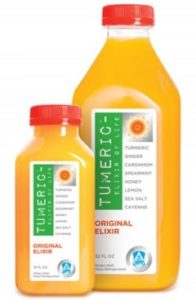 he good folks at Tumeric (no, that’s not a typo; that’s how the brand is spelled) recently sent samples of their turmeric-based juice drinks and power shots for me to review. Knowing my interest in diet and inflammation, I guess they figured I’d be impressed by a product-line based on one of the most anti-inflammatory spices in the world. They were right!
he good folks at Tumeric (no, that’s not a typo; that’s how the brand is spelled) recently sent samples of their turmeric-based juice drinks and power shots for me to review. Knowing my interest in diet and inflammation, I guess they figured I’d be impressed by a product-line based on one of the most anti-inflammatory spices in the world. They were right!
The traditional Indian ingredient is being heavily researched as a potential preventive for Alzheimer’s disease, cancer, and other inflammation-related conditions. And turmeric-based juices are a great new way to get more of this health-promoting spice into your diet.
The Tumeric brand elixirs offer a potent dose of fresh-pressed turmeric juice blended with traditional Indian herbs and spices. My favorite is the original elixir, a spicy combination of turmeric, ginger, cardamom, and cayenne (!), lightly sweetened with honey. A 12 ounce bottle contains 70 calories and 15g of sugar–about half the sugar of orange juice. The Golden Milk, made with turmeric, coconut cream, chia, and hemp milk, is more like a meal, with 270 calories, 11 g of protein, and 14 g of fat per bottle. (I’m not crazy about the taste of coconut cream, but if you are, this one is worth checking out.)
One advantage to the 3-oz, 70-calorie “PUREprana” shots is that they also feature black pepper, which enhances absorption of curcumin, the active ingredient in turmeric.
At $6 per 12-ounce bottle, this is definitely a premium product but one that’s unique, well-formulated and a nice addition to the category.

 This Thanksgiving, my grandmother had a lemon ginger tea from Bigelow, which had probiotics in it. I was surprised to see a dry tea that did not need refrigeration but still claimed to have probiotic properties. The tea was delicious. Even if the probiotic element might be questionable, would it be harmful to consume the tea anyway?
This Thanksgiving, my grandmother had a lemon ginger tea from Bigelow, which had probiotics in it. I was surprised to see a dry tea that did not need refrigeration but still claimed to have probiotic properties. The tea was delicious. Even if the probiotic element might be questionable, would it be harmful to consume the tea anyway?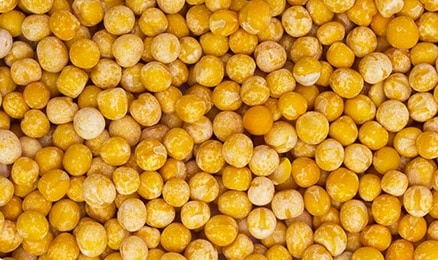
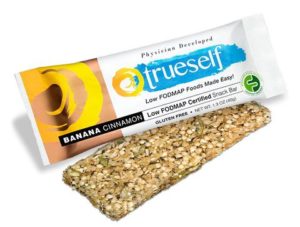
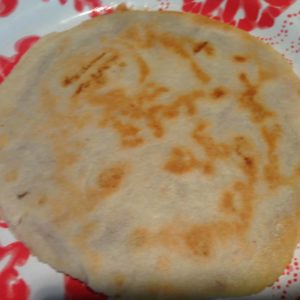
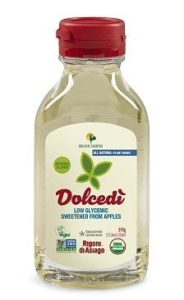
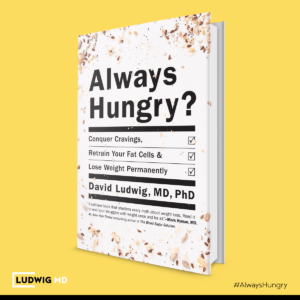
 he good folks at Tumeric (no, that’s not a typo; that’s how the brand is spelled) recently sent samples of their turmeric-based juice drinks and power shots for me to review. Knowing my interest in
he good folks at Tumeric (no, that’s not a typo; that’s how the brand is spelled) recently sent samples of their turmeric-based juice drinks and power shots for me to review. Knowing my interest in